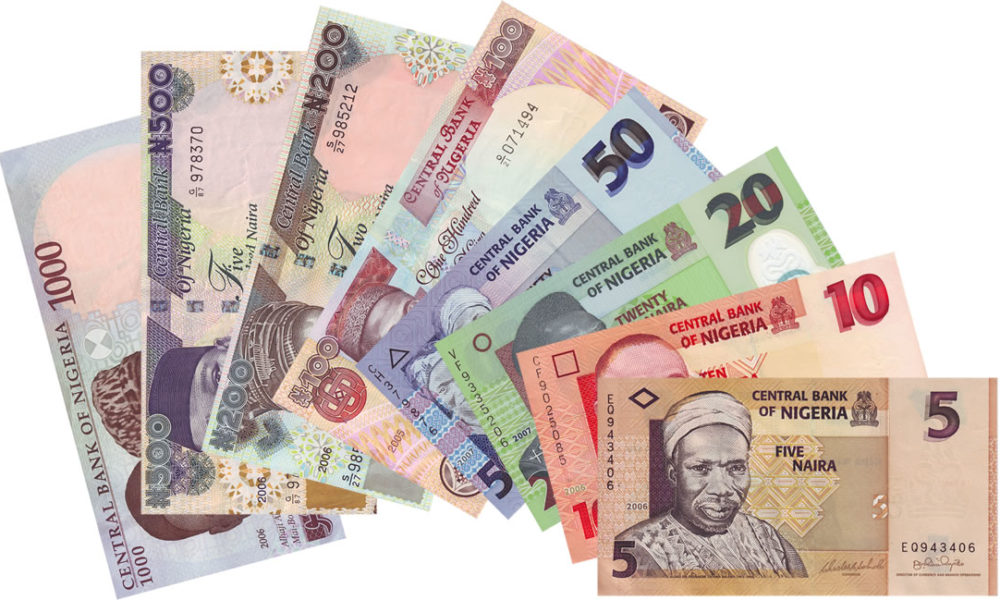Naira
Naira Plummets to N790 from N925 Amidst CBN’s Market Intervention

The exchange rate of the Nigerian naira improved against the United States Dollar to N790 from N925 it was sold on the black market on Tuesday.
The shocking drop unfolded amidst a carefully orchestrated intervention by the Central Bank of Nigeria (CBN), leaving both financial experts and everyday citizens grappling with the magnitude of the market turmoil.
The day began with an air of uncertainty as the naira’s value slipped from its morning rate of N930 to N925 against the dollar. However, around 4:00 pm, a wave of whispers and rumors began to circulate among Bureau De Change (BDC) operators. These murmurs, it turns out, were harbingers of the CBN’s intervention.
Sources close to the situation reveal that the CBN had been quietly devising a strategy to halt the naira’s freefall.
Faced with the alarming decline, the acting CBN governor, Folashodun Shonubi, dropped subtle hints about imminent measures during his recent briefing with President Bola Ahmed Tinubu at the Presidential Villa in Abuja.
The intervention, however, proved to be more seismic than anticipated. As news of the CBN’s efforts spread, markets across the nation were set into a frenzy.
In Lagos, BDCs in Allen Avenue and Bagada reported a shift in their rates, buying at N900 and selling at N910, a stark contrast to the N970 recorded earlier that day. The Wapa forex market in Kano echoed this sentiment with BDCs now buying at N875 and selling at N905.
The Investors and Exporters window offered its own dramatic narrative. The dollar embarked on a rollercoaster ride, opening at N789/$ before surging to N799/$ before dipping to a low of N740/$ and eventually closing at N774/$.
This erratic trajectory reflected a N10 increase from the previous day’s closing rate of N764/$.
A currency exchange operator warned that many who had purchased the dollar at higher rates earlier in the day could face substantial losses.
A customer’s firsthand account captured the chaos in vivid detail as he recounted in disbelief how he had inquired about the N930 exchange rate in the morning, only to return in the evening to find it had plummeted to N790. The rapid shift from an initial N930 to N790 left him with no choice but to exchange at a lower rate.
Zone 4’s BDC operators emphasized the magnitude of the situation, underscoring the abrupt upheaval and significant losses suffered by those entrenched in the parallel exchange market.
As the nation grapples with the aftermath of this financial tempest, questions linger about the eventual stability of the naira and the lasting impact of the CBN’s intervention. With eyes on the future, the financial landscape braces for the ripple effects of a day that will undoubtedly be etched into Nigeria’s economic history.